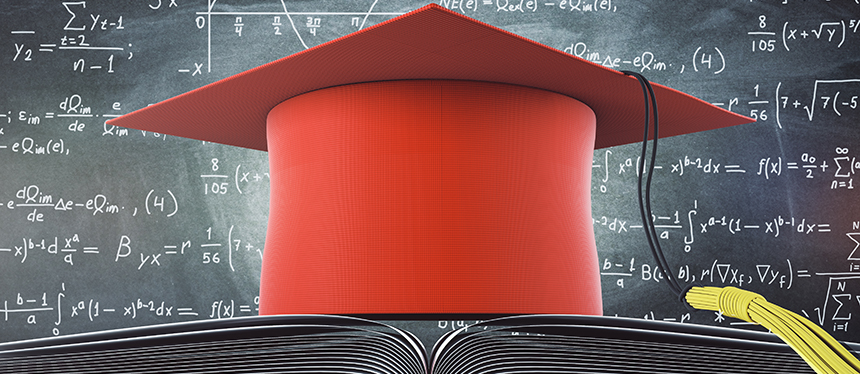Pure Math
Pure Math
Pure Mathematics
Pure mathematics is primarily focused on the study of mathematical concepts and theory. The three traditional areas of pure mathematics are algebra, analysis, and geometry. As a mathematician works in these areas, they are seeking to understand and deepen their knowledge of mathematics itself. The foundation of pure mathematics is in proof, theory, and abstract concepts.
What are some of the skills of a pure mathematician?
The study of pure mathematics leads students to develop skills in reasoning, proof, critical thinking, abstraction, and analysis.
These skills will be strengthened through the completion of courses such as real analysis, modern algebra, and geometry or topology.
What are the career possibilities?
Typically, students interested in pure mathematics will pursue a graduate degree in preparation for a career. Pure mathematicians may work in academia or in other areas in which they can contribute to research and development.
How does pure mathematics differ from applied mathematics?
While an applied mathematician solves problems that might occur in physics, engineering, biology, or finance, as examples, a pure mathematician is working to solve problems that occur within mathematics. A pure mathematician may develop theories or equations that may be used to solve problems encountered by an applied mathematician.
To gain understanding regarding the ways in which Applied Mathematics differs from Pure Mathematics, you might explore
Applied Math vs. Pure Math: What Are the Differences? | Indeed.com
Math Careers | Pure and Applied Mathematics FAQ
Applied Math vs. Pure Math: What Are the Differences? | Indeed.com
